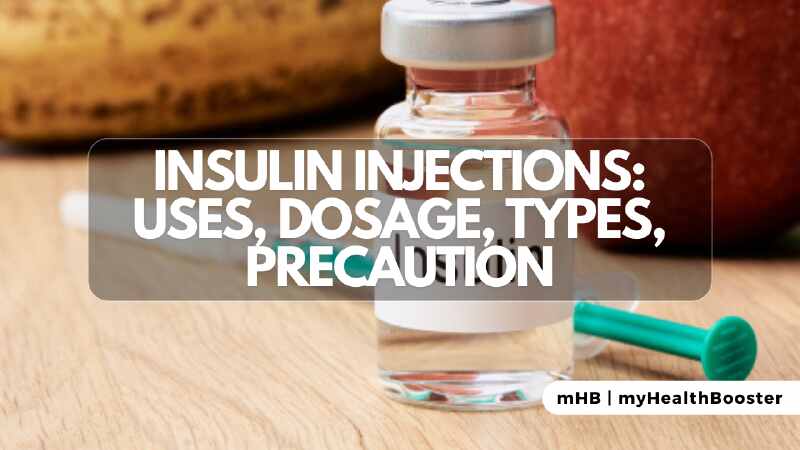What is Insulin?
Insulin, a hormone produced by the pancreas, plays a crucial role in facilitating the utilization of glucose for energy. After the breakdown of carbohydrates from meals, glucose is absorbed into the bloodstream, prompting insulin to enable cells to absorb and utilize sugar for energy. Insulin also helps balance blood glucose levels by storing excess glucose in the liver for release during periods of stress or increased energy demand.
Understanding Diabetes
Diabetes results from a lack of insulin production or ineffective insulin utilization. There are two main types: Type 1, an autoimmune disease where the body attacks insulin-producing cells, and Type 2, often caused by factors like obesity and lack of exercise. Both types may require insulin injections for effective diabetes management.
Diabetes Treatment through Insulin
Insulin injections serve as a crucial treatment for both Type 1 and Type 2 diabetes. Type 1 patients must inject insulin to control blood sugar levels, while Type 2 patients initially manage through lifestyle changes and oral medications. If these approaches prove insufficient, insulin shots become a viable option.
Types of Insulin Treatments
- Rapid-Acting Insulin: Begins working 15 minutes after administration, lasting 3 to 4 hours—commonly used before meals.
- Short-Acting Insulin: Administered an hour before meals, taking effect 50 minutes after injection and lasting 5 to 8 hours.
- Intermediate-Acting Insulin: Effects begin 1 to 2 hours post-injection, lasting up to 14 to 16 hours.
- Long-Acting Insulin: Takes effect after 2 hours, providing sustained coverage for up to 24 hours or longer.
Administration and Dosage of Insulin
Insulin cannot be taken orally and is administered through syringe, insulin pen, or pump. Patients are trained by healthcare professionals on proper administration, typically injecting into thighs, buttocks, upper arms, or abdomen. Dosage varies based on factors like blood glucose levels, physical activity, severity of diabetes, and dietary considerations. Doctors may prescribe one or multiple shots per day, incorporating both rapid-acting and long-acting insulin as needed.
Insulin Reactions
Excessive exercise without sufficient food intake can lead to insulin reactions, causing low blood glucose levels (hypoglycemia). Symptoms may include tiredness, confusion, sweating, seizures, and loss of consciousness. Fast-acting carbohydrates, such as non-diet soda or fruit juice, can help counteract these reactions.
Treatment
Appropriate insulin use is integral in maintaining healthy blood glucose levels, preventing diabetes complications. Lifestyle changes, blood glucose management, and effective insulin utilization should be discussed with healthcare professionals for comprehensive diabetes care.
Summary
Insulin injections play a vital role in diabetes management, offering individuals with diabetes an effective means to regulate blood sugar levels and prevent complications. A collaborative approach with healthcare providers ensures proper insulin use, making it a cornerstone in achieving a healthier life with diabetes.
